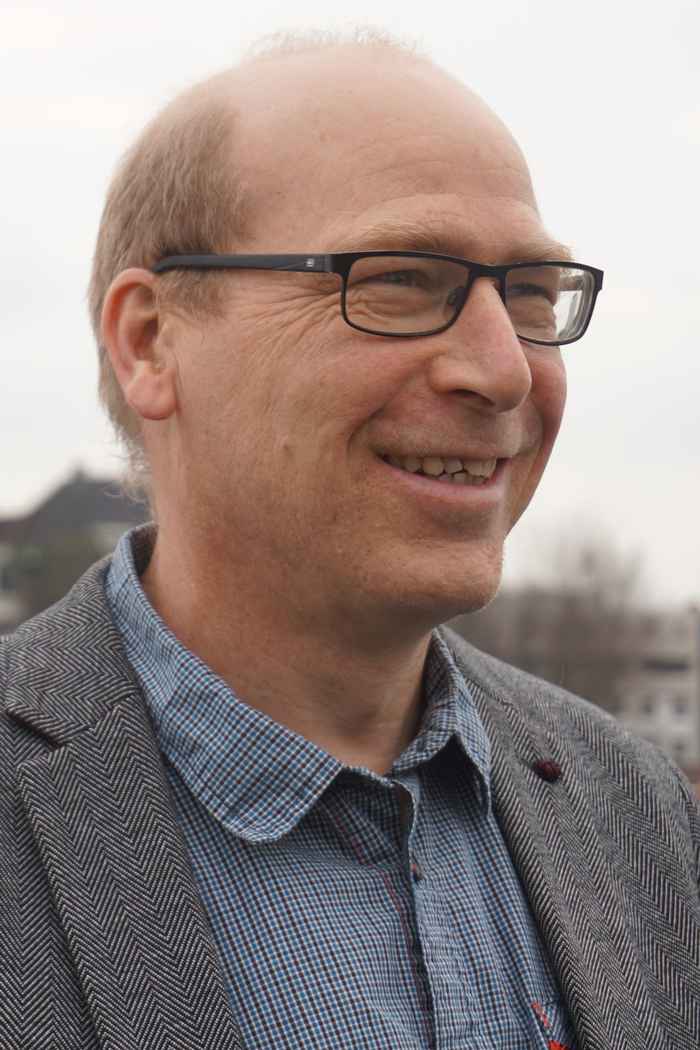'A natural sciences approach will help us resolve major social issues'
8 October 2019

In the field of natural sciences, the understanding of complex systems is constantly improving. In complex systems, gradual changes can lead to sudden transitions. A classic example is the gradual drop in temperature that causes water to suddenly turn into ice. Gradual changes can also take place in cells, suddenly leading to cell division. Natural scientists map out these changes in order to predict and control transitions.
How can complexity theory be of use to social sciences?
'The social sciences are also faced with complex systems that consist of many different interacting elements. In all complex systems – whether they involve water, cells or social structures – gradual changes can lead to sudden transitions to other equilibrium states. Just as water becomes ice or cells suddenly start to divide, gradual changes can lead to people suddenly becoming depressed, very religious or even atheist. Similarly, gradual changes in society can lead to political upheavals.'
In physics, these variables are fairly easy to measure. In the social sciences, things may be a little more complicated.
'Although the complexity approach is a new one for social scientists, it's a perfectly viable avenue for us to pursue as well. In physics, for example, atmospheric pressure determines how gradually water changes into ice; in our case, the degree of involvement plays a role. Someone who feels very involved with the issue of abortion, for example, will maintain this conviction even when confronted with information that supports the opposing viewpoint. However, if this person does change his or her mind, this often happens very suddenly and very radically. We therefore also need to map the factor of involvement in order to make accurate predictions, but measuring these kinds of variables is no easy matter.'
What can we do with these predictions?
'This approach means we can make a genuine contribution to solutions for major social issues, as we will be better able to both predict and control the variables that lead to transitions.'
Within 10 to 50 years we will really be in a position to solve problems
So what you're saying is we will really be in a position to solve problems. Which time frame are we talking about?
'I think a period of 10 to 50 years. With a major social issue such as addiction, for example, we're making more and more progress. The focus is on the conflict between automatic processes and conscious control.'
Which issues do you want to focus on in particular?
'In general, I want to study the application of methods and techniques from complexity research in the social and behavioural sciences. More specifically, I'd like to examine polarisation and radicalisation, both inside and between people, as well as addiction.'
What do you wish to have achieved as a distinguished research professor after a year?
'My research professorship ties in with the new Urban Mental Health priority area, in which the FMG is participating on a broad scale. I'd love to act as a linking pin in this regard and advise on the model-based and technical aspects of this type of research. I also wish to bring researchers together to examine the complexity of social systems and initiate discussions and debates on research methods. Finally, I'll be bridging the gap with the UvA Institute of Advance Study's research programme. New initiatives in all these areas should be launched within the year.'